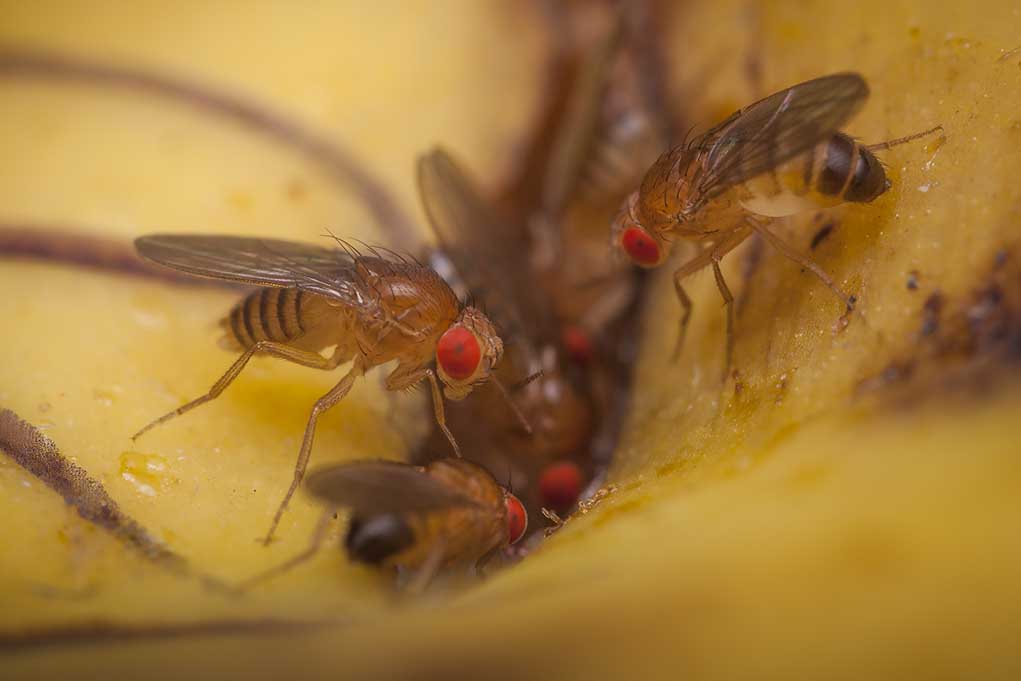What a Bunch of Fruit Flies Revealed About Heart Health

We might not see much of ourselves when we come across those tiny flying annoyances, but as it turns out, we have a lot in common with fruit flies. They’re capable of developing about 75% of the diseases that afflict humans, making them the ideal models for numerous areas of study. One of the more promising developments in this area is in age-related issues —specifically, heart health. See, fruit flies have short lifespans, so they age quickly. And while their hearts may be much smaller than ours, those tiny hearts beating in their little bug bodies are susceptible to many of the same problems as ours. And that means they can help us. A lot. Here’s what experts have learned and how they might be able to apply their findings to human health.
Bless Their Tiny Hearts
Fruit flies only share about 60% of their genetic code with humans, but their DNA contains fewer redundancies, making it easier to manipulate, study and interpret. According to Science Daily, fruit flies only live for 2 or 3 months, making them ideal for studying many age-related problems. Like humans, their heart health can deteriorate with age, but unlike with many other types of test animals, these problems don’t take years to develop.
Fruit Flies Bring a Heart Health Breakthrough
This makes fruit flies pretty valuable. A recent study used fruit flies to examine a process called autophagy, or the body’s ability to recycle and replace old tissue. This process slows and becomes less efficient as we age, leading to a whole host of problems. In the heart, it can cause weakening of the ventricles, less effective functioning and, eventually, heart failure.
Reduced activity in a genetic pathway called mTOR appears to be one cause of this decline. Researchers found that by boosting one of the precursors to this pathway, mTORC2, they could restore the older flies’ hearts to the same functional efficiency they had at 1 or 2 weeks old. The next step is for researchers to develop drugs that can boost those same pathways in humans.
It’s strange to think that a creature not much bigger than a pinhead could open the doors to new advances in human heart health, but nature is pretty amazing that way and our scientists are just incredible in what they can pull off to glean new understanding. If research stays headed in the right direction, we could see an end to age-related heart disease within our lifetime — and tiny fruit flies may be the key to how we get there.
Copyright 2021, Wellness.com

Related Keywords







